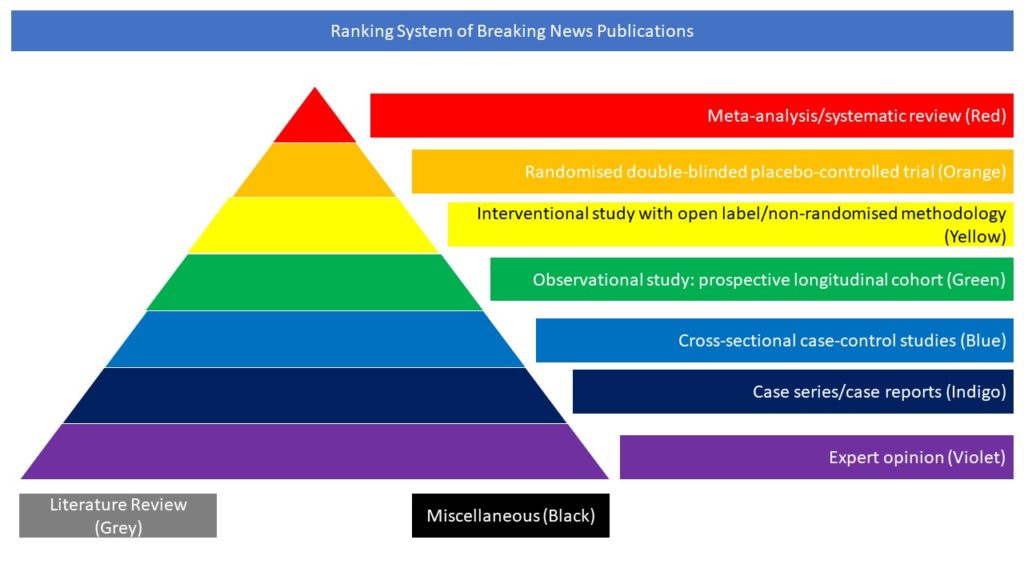Case series/case reports (Indigo)
Memory B cell reserves can generate protective antibodies against repeated SARS-CoV-2 infections, but with unknown reach from original infection to antigenically drifted variants. In this article the authors charted memory B cell receptor-encoded antibodies from 19 COVID-19 convalescent subjects against SARS-CoV-2 spike (S) and found 7 major antibody competition groups against epitopes recurrently targeted across individuals. Inclusion of published and newly determined structures of antibody-S complexes identified corresponding epitopic regions. Group assignment correlated with cross-CoV-reactivity breadth, neutralization potency, and convergent antibody signatures. Although emerging SARS-CoV-2 variants of concern escaped binding by many members of the groups associated with the most potent neutralizing activity, some antibodies in each of those groups retained affinity—suggesting that otherwise redundant components of a primary immune response are important for durable protection from evolving pathogens. The authors concluded that their results furnish a global atlas of S-specific memory B cell repertoires and illustrate properties driving viral escape and conferring robustness against emerging variants.
Pei Tong, Avneesh Gautam, Ian W. Windsor, Meghan Travers, Yuezhou Chen, Nicholas Garcia, Noah B. Whiteman, Lindsay G.A. McKay, Nadia Storm, Lauren E. Malsick, Anna N. Honko, Felipe J.N. Lelis, Shaghayegh Habibi, Simon Jenni, Yongfei Cai, Linda J. Rennick, W. Paul Duprex, Kevin R. McCarthy, Christy L. Lavine, Teng Zuo, Junrui Lin, Adam Zuiani, Jared Feldman, Elizabeth A. MacDonald, Blake M. Hauser, Anthony Griffths, Michael S. Seaman, Aaron G. Schmidt, Bing Chen, Donna Neuberg, Goran Bajic, Stephen C. Harrison, Duane R. Wesemann. Memory B Cell Repertoire for Recognition of Evolving SARS-CoV-2 Spike. Cell, 2021.










